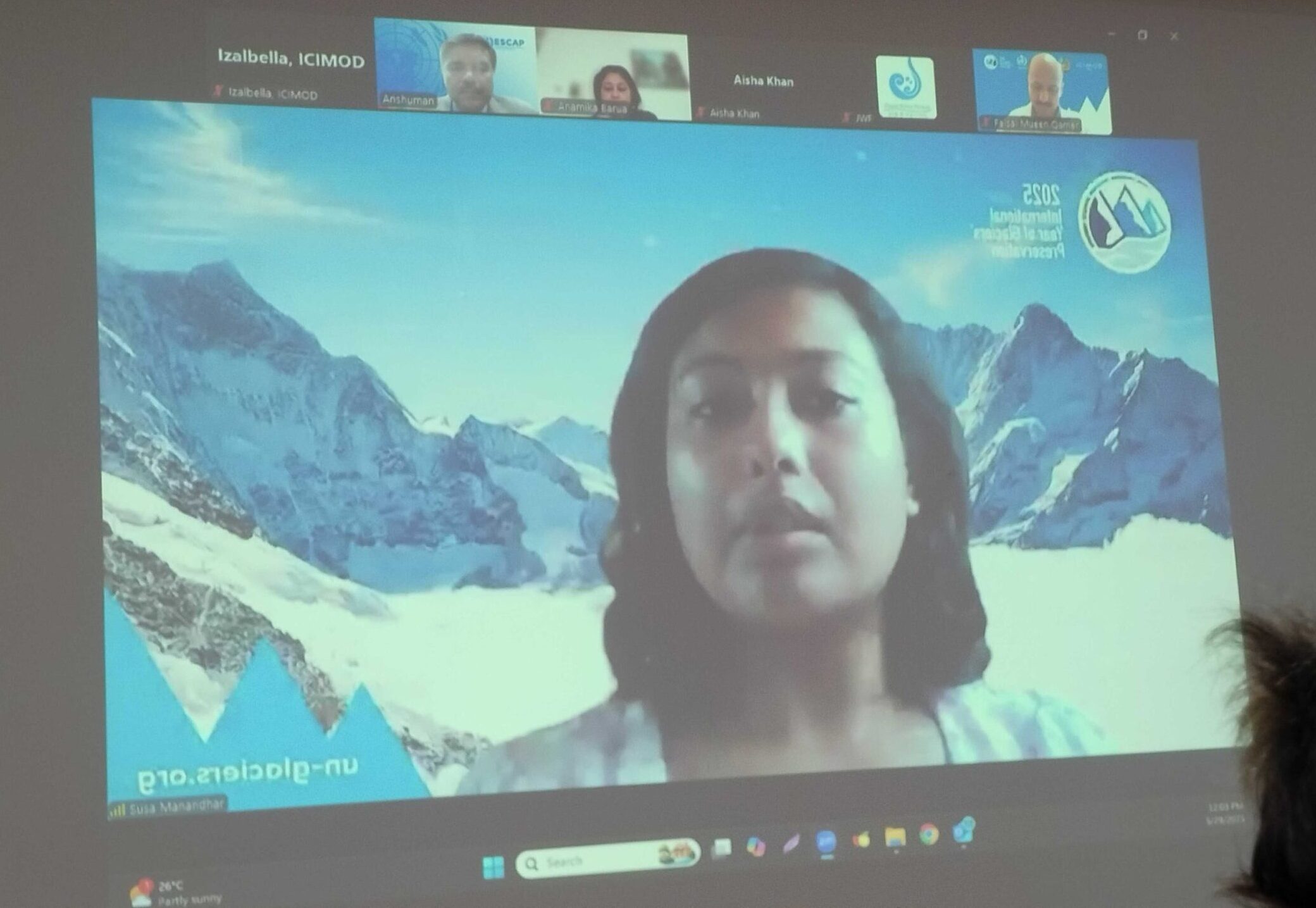The 3-day training program scheduled for November 9-11, 2019 by The Small Earth Nepal (SEN) titled “Training on Vegetables farming based on Modern Agriculture System”commenced at Purena, Buddhabhumi Municipality-02, Kapilvastu. This training is a part of the project ‘Implementation of efficient water use systems to improve livelihood of Jayanagar community in Kapilvastu district, Mid- Western Nepal’funded by Direct Aid program (DAP) of Australian Embassy, Kathmandu.The opening session of the training program was facilitated by Mr. Niranjan Bista, Program Coordinator, SEN.
Mr. Keshav Kumar Shrestha, Mayor of Buddhabhumi Municipality, graced the training program as the Chief Guest while the Chairperson of the Ward no. 2 of Buddhabhumi Municipality, Mr. Bhesh Raj Sharma chaired the opening session.
The Mayor Mr. Shrestha in his inaugural remark, opined that this sort of training should be taken by farmers as opportunity and said, “I hope farmers will be able to build their capacity and implement the lessons learned for a positive change in the community.” After listening to a briefing by Er. Mahendra Bahadur Gurung, Executive Director of SEN, on a shortfall of fund to complete the deep tube well to supply water for irrigation, the Mayor expressed commitment to allocate a fund of NRs five lakhs as requested through the next winter session- 2076 of Municipality Assembly for the success of the deep tube well for the irrigation system.
Mr. Sharma from chair urged the farmers to fully utilize their time to learn and educate themselves from training sessions so that they can work as trainers in future. Mr. Sharma requested them to ask questions for solutions and share their experiences. He further added that the Ward no. 2 of the Municipality is committed to support the Project for success and also to explore market for the increased products from the fields under the Project.
Er. Gurung welcomed the guests and participants. He stressed that land, water and seed are the vital components in modern agriculture and life supporting system. ED Gurung briefly described about the status of the drilling of the deep tube well and initiatives taken by SEN to make the tube well a success and requested the Buddhabhumi Municipality and the Ward no. 2 for necessary support of funds that fell short to make the deep tube well a success. He expressed belief that this type of training would enhance the skill of farmers and lead to business-oriented agriculture practice in Purena.
Mr. Tara Bhandari, the resource person, briefly talked about the training program and the training manual. Mr. Bhandari addressed to farmers saying “You are my Guru of agriculture”. He further said that it should be a two way learning process as the farmers are the real practioners of agriculture practices.
After the inaugural program, the Day-1 training session class was given by the resource person Mr. Bhandari. He talked in details about the soil, its agricultural properties, organic, compost and chemical fertilizers, seeds, diseases, insects (friends and foes), agriculture knowledge centre, irrigation, plants, plantation, plant management, mixed vegetable farming, etc.
Altogether 32 participants were present at the training program of which the overwhelming numbers (27) were the women farmers. Of the participants, majority were from Brahmin community (20 no.) whereas the rest were from Tharu (10) and Magar community (2). It was also found that 6 of the participants were illiterate and could not read for which it was requested to learn from their sons or daughters. Further, it was shared by the participants during introduction that the vegetable farming was in practice only for the subsistence of their families.Lack of market access, water scarcity for irrigation, and pest management were the concerns of the participating farmers.
By the end of the training program, it is expected that farmers are able to understand the basic terminologies of modern agriculture, the concept of soil management, nursery management, details on seasonal vegetable farming, insects, pests and disease, drip irrigation and its implication in farm practices, practice them and share their learning in the community.




